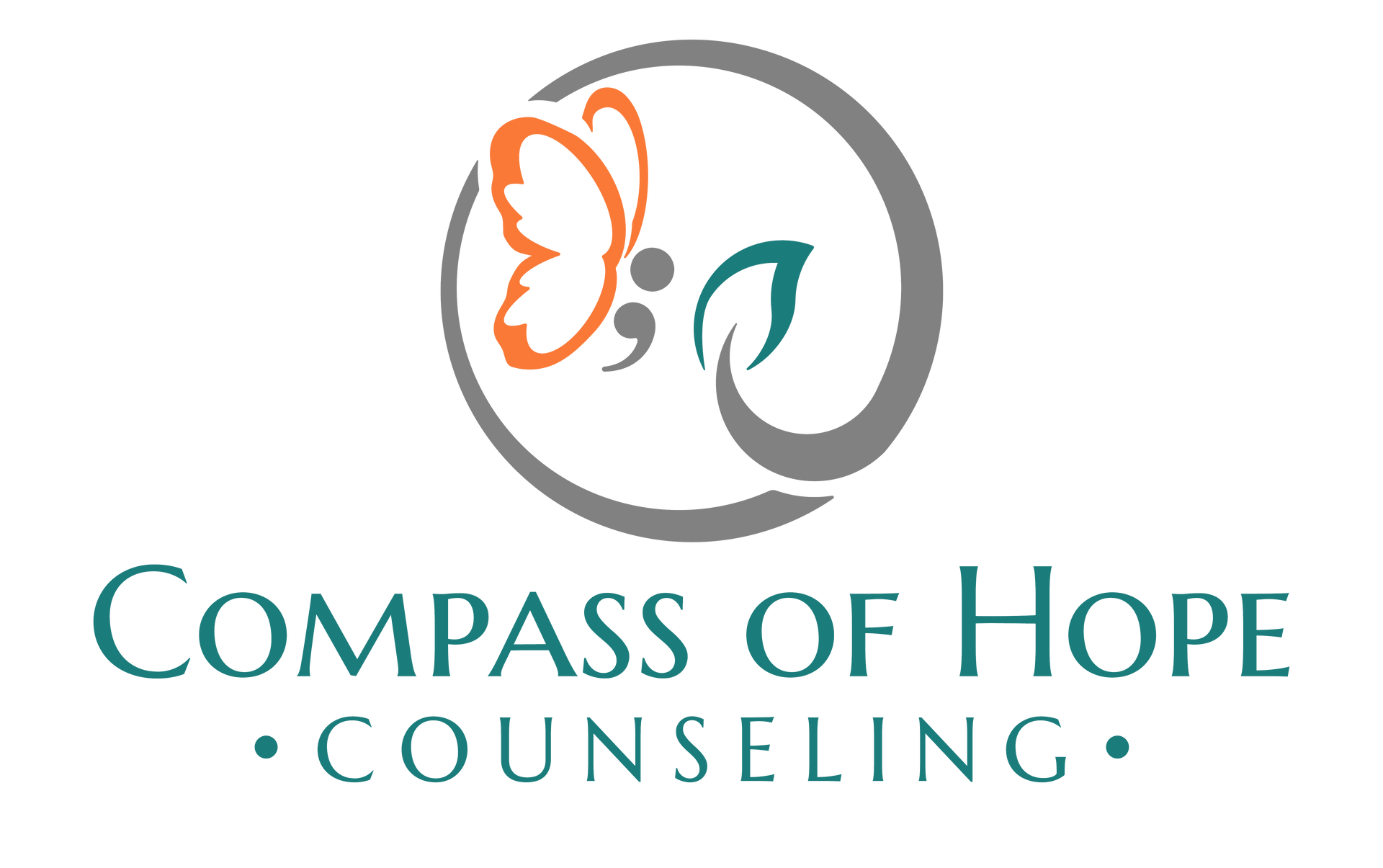Mental Health Counseling,
Online & In-Person
Therapy Services for New Hampshire & Maine
Find Your Inner Compass, Find Hope
- Offices in Concord, Hooksett & Hampton, NH -
About Us
At Compass of Hope Counseling, we serve the mental health needs of New Hampshire and Maine, with offices in Concord, Hooksett, and Hampton. Through our online telehealth therapy services, we are able to help clients across the rest of the state as well as in Maine. We believe in the power of your inner compass to navigate life’s challenges. Our multidisciplinary team is dedicated to guiding you back to your path when you feel lost, leveraging a blend of therapy, medication management, and innovative treatments like EMDR to light the way. As a practice owned by mental health professionals who still actively see clients, the well-being of our staff and patients is the cornerstone of our mission, reflecting in the warmth and professionalism of our services.
Our Mission
We understand that every individual’s journey is unique. That's why at Compass of Hope, we offer personalized mental health care designed to uncover and strengthen your inner compass. From children struggling with life’s transitions to adults facing mental health challenges, our compassionate team is here to support you through counseling, medication management, and specialized treatments.

Our Services
-
EMDR Therapy
Read MoreAn evidence-based approach to healing trauma and other distressing life experiences, EMDR is a cornerstone of our practice.
-
Drug & Alcohol Evaluations
Read MoreComprehensive evaluations to support your journey towards recovery.
-
Workshops & Continuing Education
Read MoreWe offer training opportunities for professionals, enhancing our community's mental health resources.
Telehealth: Bridging the Distance
Understanding the need for flexibility, in addition to in-office appointments, Compass of Hope proudly offers telehealth services, allowing you to receive the support you need from the comfort of your home. This is part of our commitment to making mental health care accessible to all within New Hampshire and Maine.
Join Our Community
Whether you’re taking the first step towards healing, seeking to manage medication, or exploring therapeutic options like EMDR, Compass of Hope Counseling is here for you. With a team deeply rooted in the values of empathy, education, and empowerment, we invite you to join us on a journey towards hope and healing.
Ready to rediscover your path? Contact us today to learn more about our services or to schedule an appointment. Together, we’ll navigate the uncharted territories of life, helping guide you to become one with your inner compass.
Contact Us
We will get back to you as soon as possible
Please try again later
Our
Blog
Advice, recommendations, information


Offering in Office, Telehealth &
In School Appointments
Now offering therapy in Hopkinton Middle High School, David R. Cawley Middle School & Pembroke Academy during school hours.
Please inquire for more information.
Hampton, NH
433-435 Lafayette Road
Concord, NH
64 North State Street
Hooksett, NH
11 Kimball Drive Suite 104-105
Working Hours
CONTACT
Phone: (603) 824-3555
Fax: (603) 935-9389
Email: contactus@compassofhope.com
Billing: Extension 4, billing@compassofhope.com
Hooksett Office: 11 Kimball Drive Suite 104-105 Hooksett, NH 03106
(603) 824-3555 -
Extension 0
Concord Office: 64 North State Street Concord, NH 03301
(603) 824-3555 -
Extension 2
Hampton Office: 433-435 Lafayette Road Hampton, NH 03842
(603) 824-3555 -
Extension 1






